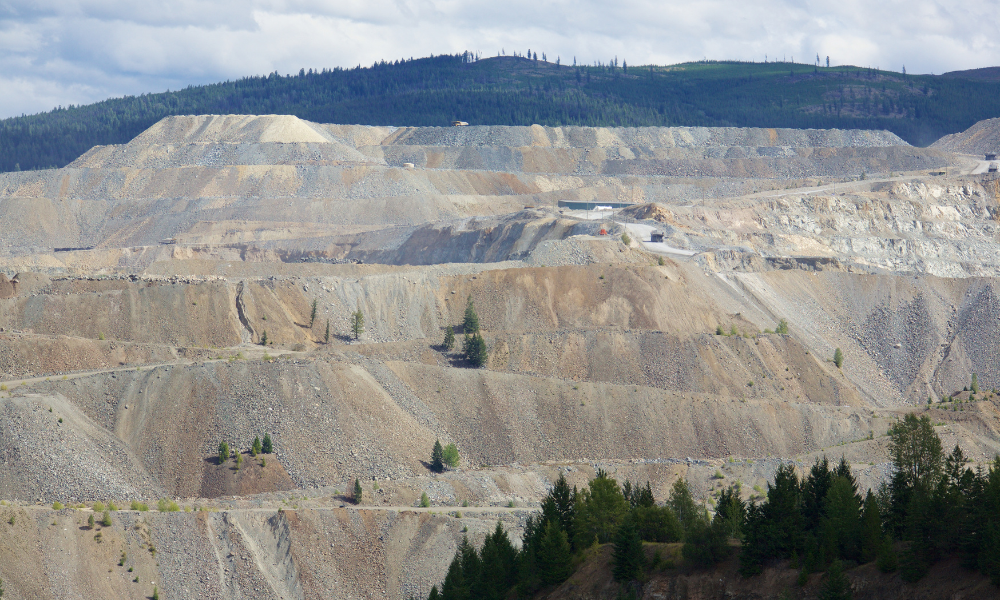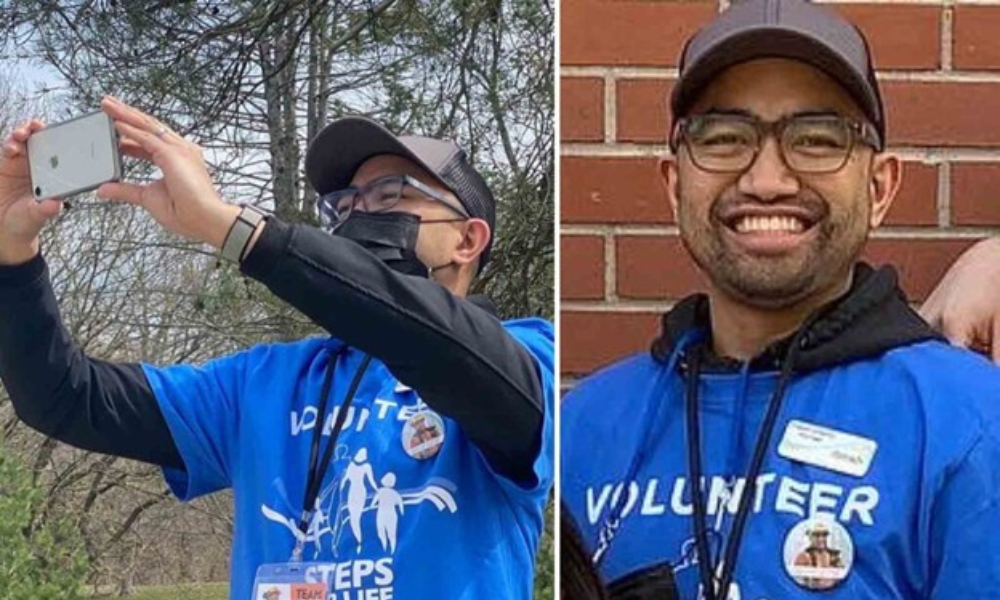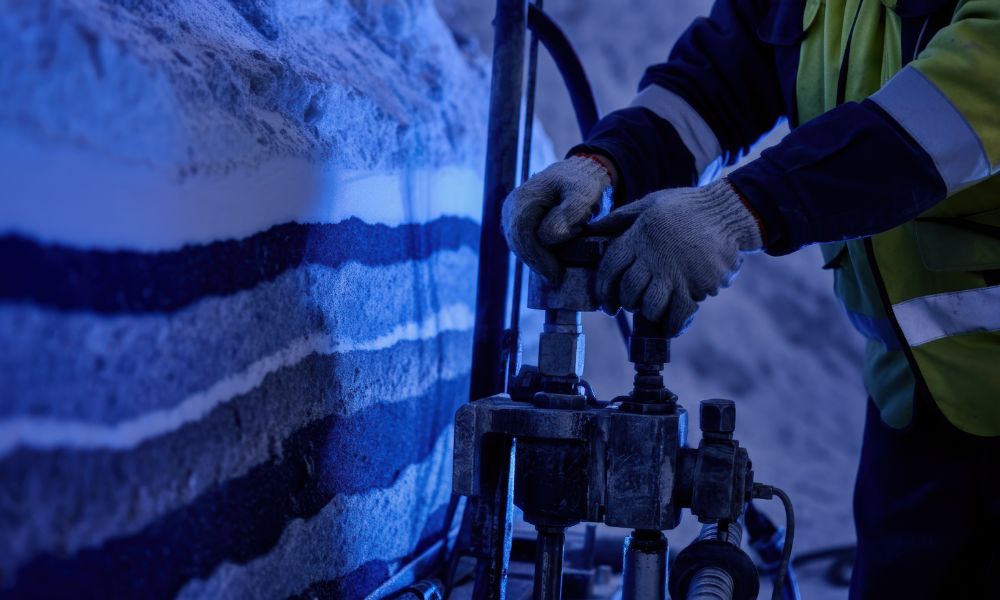Closing arguments scheduled for March 4

The hearing into the proposed Grassy Mountain coal mine in Alberta is nearing its end, with closing arguments scheduled on March 4, according to the Alberta Energy Regulator (AER).
But before that, speakers from Water For Food, a group that launched a petition against the Grassy Mountain coal mine, addressed around 70 members of the Canadian Club, raising concerns about the environmental risks of the project, economic feasibility and potential impacts to the agri-food industry, according to a report.
One of them – Kevin Van Tighem, an author and former superintendent of Banff National Park – said: “It’s not a partisan fight, it’s a strategic fight … it’s not about left or right, it’s about Alberta and it’s about Alberta’s tomorrow,” according to a Calgary Herald report.
A November referendum in Crowsnest Pass revealed that 71 per cent of residents supported the project, but the vote was non-binding, reported CTV News. However, the site is located within the jurisdiction of the MD, where opinions may differ.
The Calgary Herald, meanwhile, noted that the vote had a turnout of 53.6 per cent of eligible voters.
However, that excluded the 200,000 people living downstream from the proposed mine, as well as farmers, intensive livestock operators, irrigators and employees of large southern Alberta food processing plants, according to Water For Food.
“It doesn’t make sense to any of us why this is a good idea at this point,” said Corb Lund, a songwriter who grew up on his family’s farm and ranches around Alberta, according to the report.
Tighem said the Eastern Slopes are the source of 80 to 90 per cent of Alberta’s water, and we’re a water-poor province to begin with.
“We have to two-thirds of Canada’s irrigated agriculture … this province is a heavy water user, (with) growing communities and a very small supply,” Tighem said during the event, according to the report.
Northback Holdings, the company behind the development, is seeking approval for three applications: a coal exploration programme, a deep drill permit, and a temporary licence to divert water.
“We’re confident that the global demand for seaborne metallurgical coal will remain robust for decades,” said Stacey Brown, chief operating officer of Northback Holdings, in the CTV News report.
And supporters argue the project could create jobs and highlight improved mining regulations.
“They’re our client, and because they’re our client, there’s 34 families that have a job,” said construction contractor Andy Vanderplas.





